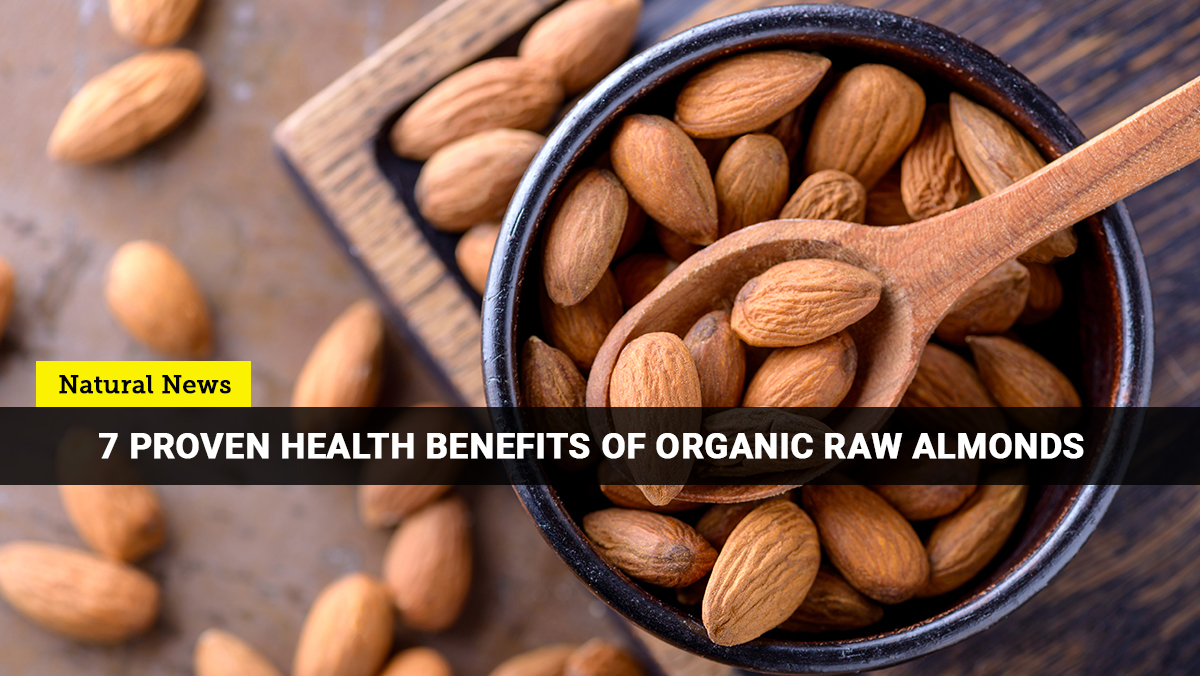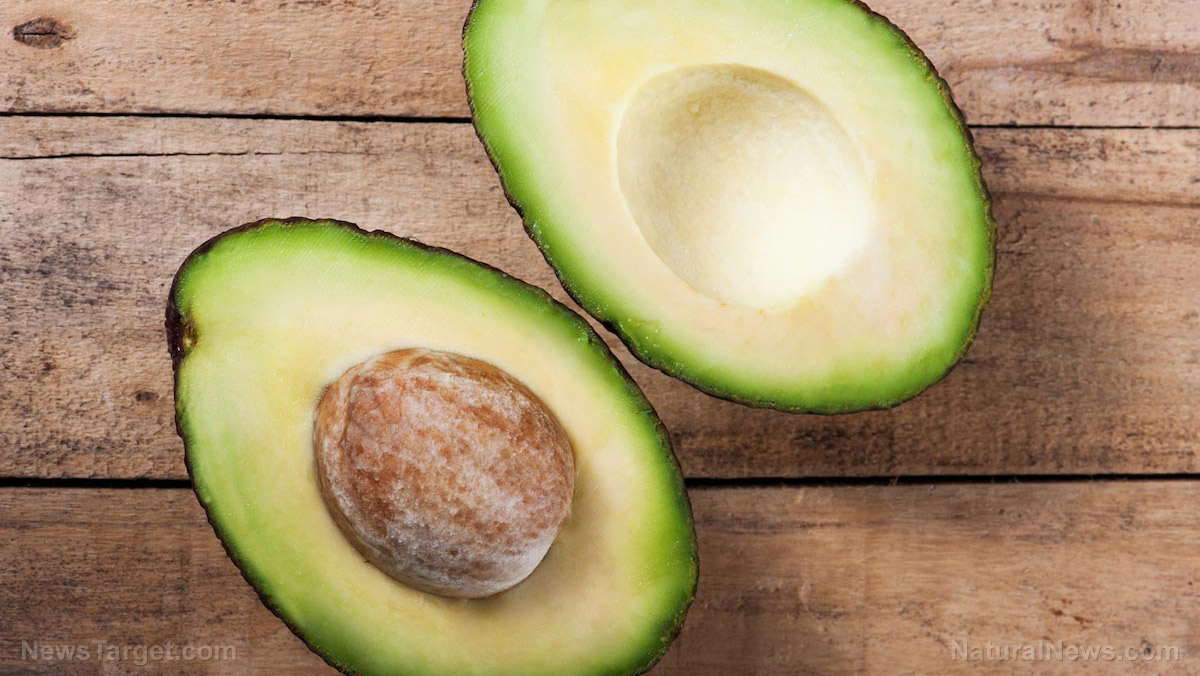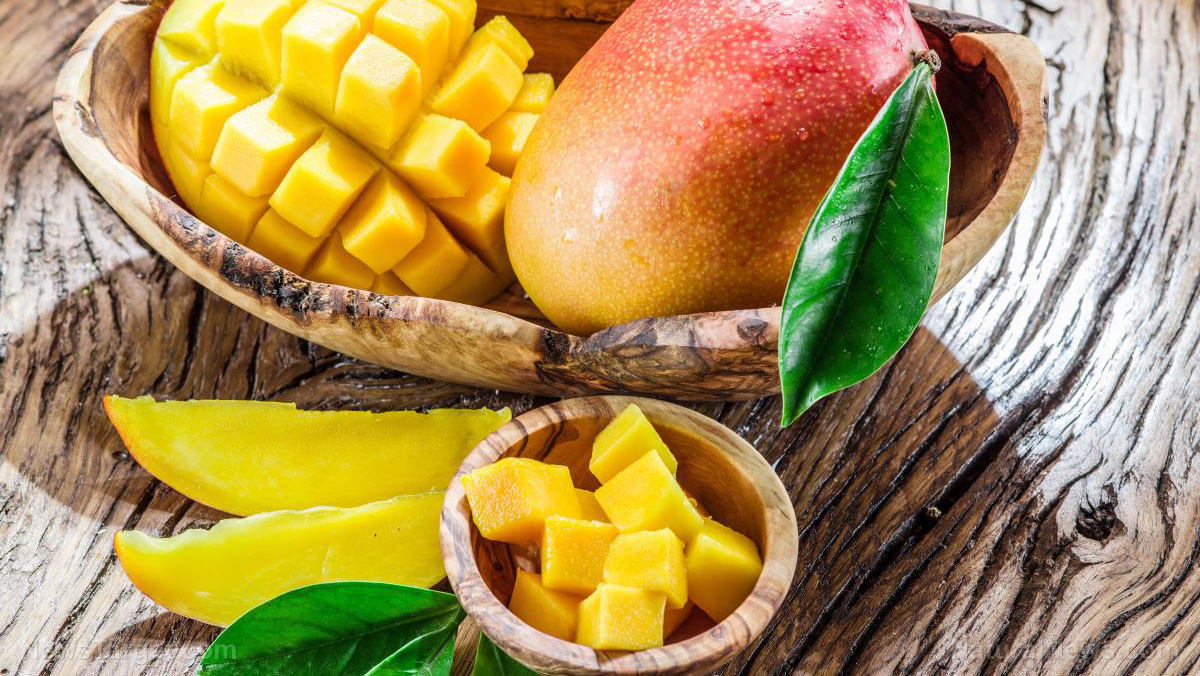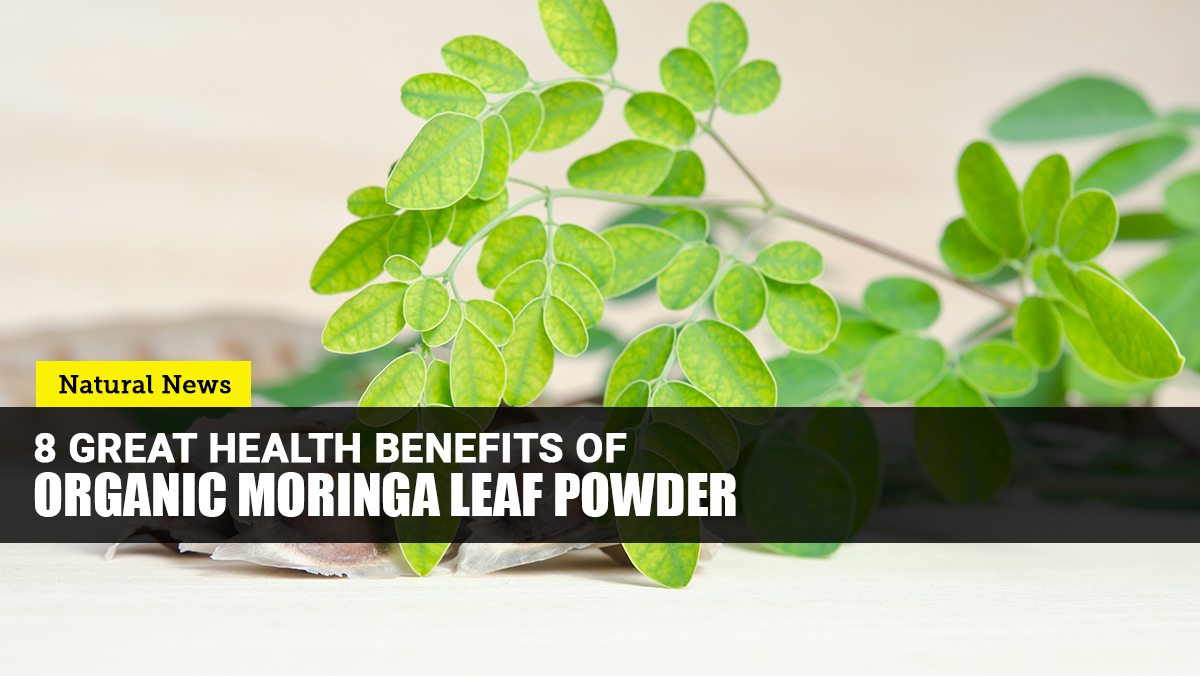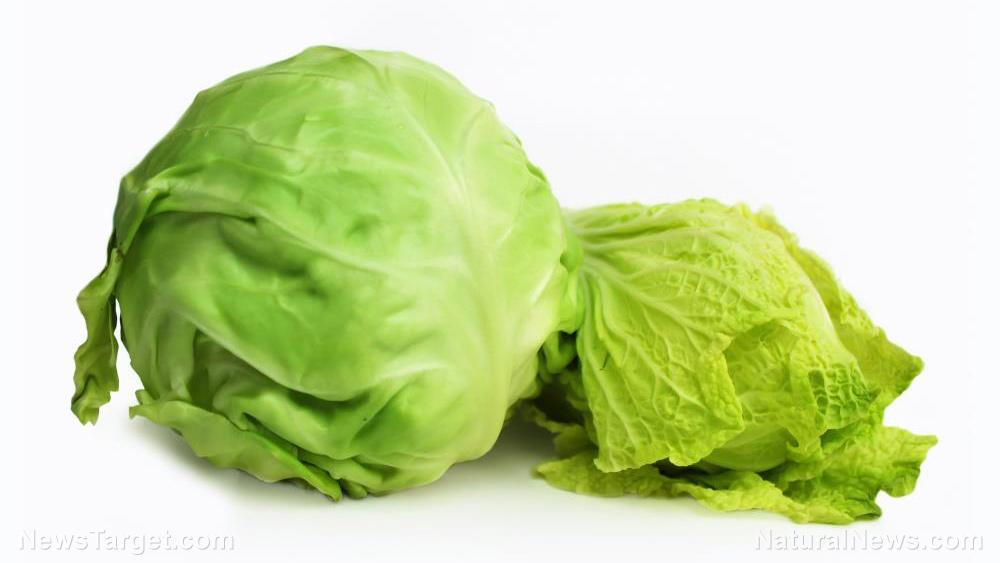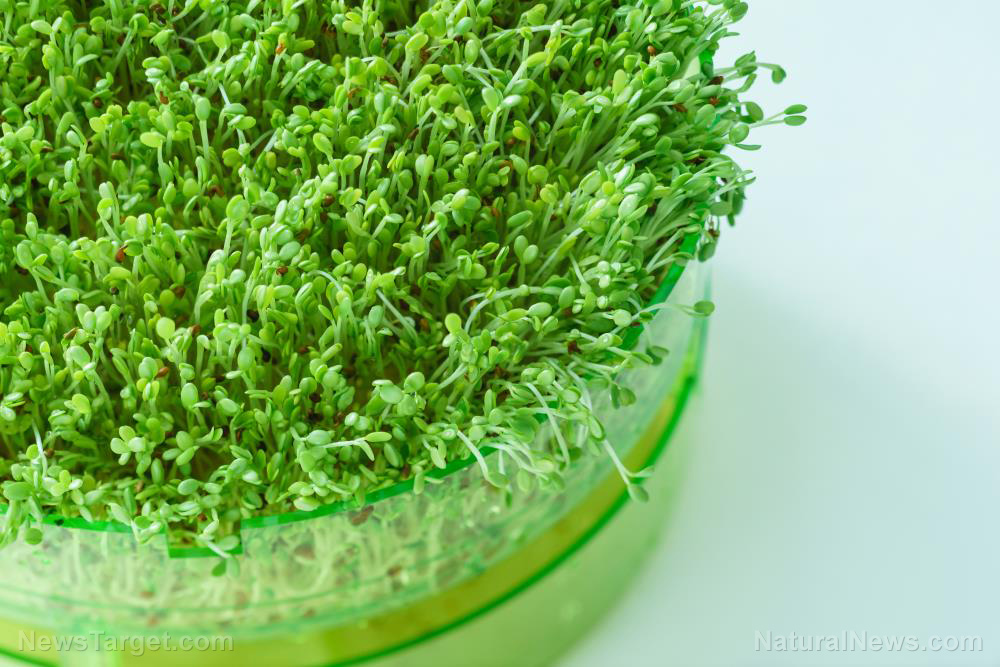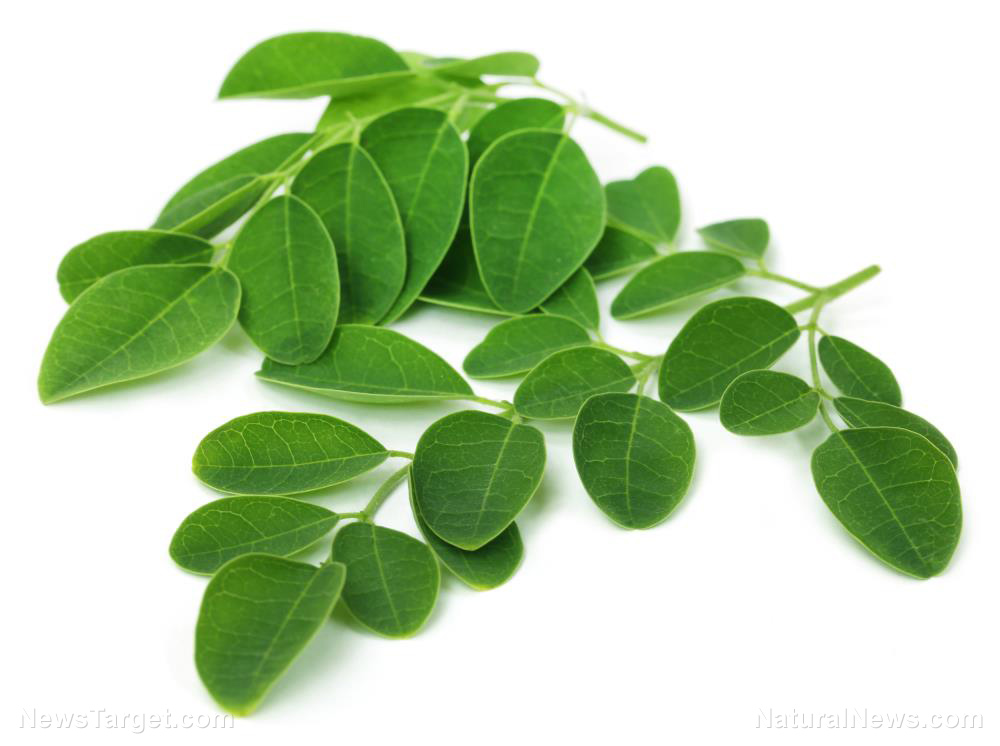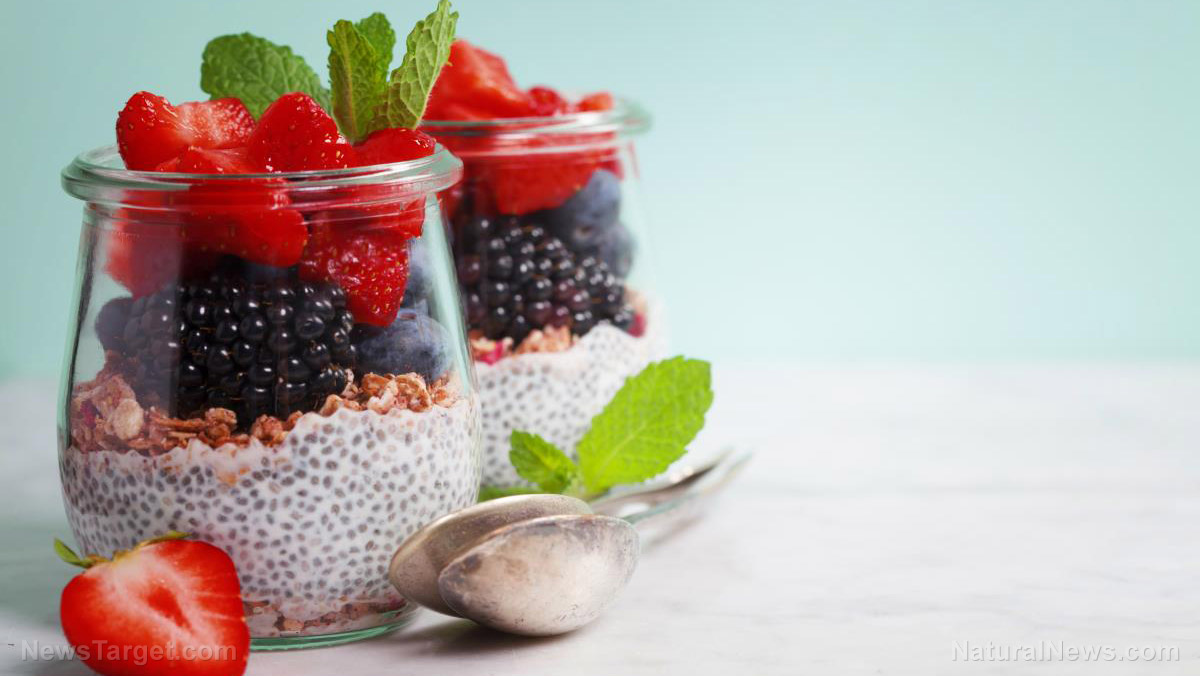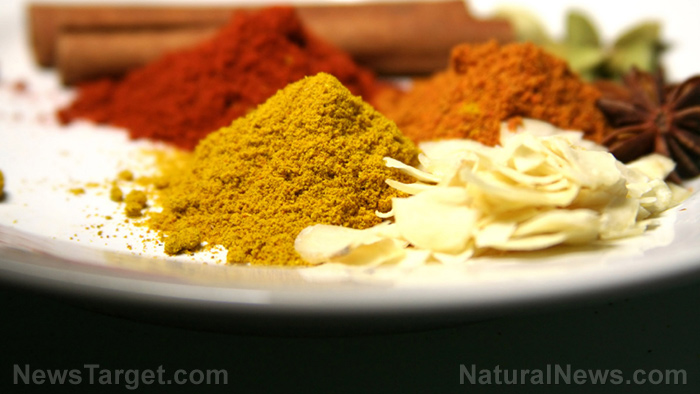Eat your medicine: 5 Herbs in your pantry that have amazing health benefits
08/16/2019 / By Isabelle Z.

If you enjoy cooking, you’ve probably come up with lots of exciting ways to add life to your favorite dishes using spices. You wouldn’t dream of making tomato sauce without basil or roasted potatoes without rosemary, but the true value of many herbs extends far beyond your kitchen. Here’s a look at some of the herbs in your spice cabinet that are surprisingly beneficial to your health.
Parsley
Parsley might lend a subtle flavor to dishes, but it packs a big punch when it comes to vitamins and minerals. Rich in fluorine and boron, it’s excellent for bone health. It’s also a remarkably good source of vitamin C, offering 3.5 times as much as oranges, and twice as much calcium as you’d get from broccoli.
It works well to alleviate cramps, and its phytoestrogen content means it’s particularly suitable for addressing amenorrhea, osteoporosis, and lactation issues. It can also serve as a diuretic and help with bladder infections.
While all of the plant is used for food, it’s the leaf that provides most of the herbal benefits. It can even be used topically by crushing it and applying to a bruise to promote healing.
Fennel
Writing for GreenMedInfo, natural healing expert Karta Purkh Khalsa says he has never seen a case of gas that fennel seeds couldn’t relieve in his clinical practice. In addition, the herb can help to loosen mucus in the lungs and clear the chest, greatly aiding asthma sufferers. It’s perhaps best known, however, for its ability to promote lactation. While the stalk can be steamed and consumed, chewing the seeds or using them to brew a tea can provide more direct relief from gas.
Basil
You’re likely to run into lots of different varieties of basil, and while they all offer benefits, holy basil is considered the top choice for Ayurvedic medicine. In addition to aiding digestion and relieving gas, basil can treat respiratory problems like the flu as well as emphysema and asthma. It can be crushed and applied directly to warts, and the leaves can be chewed for headache relief. It can also help to lower blood pressure.
Fenugreek
Fenugreek seed is not just a great source of soluble fiber; it can also help to reduce blood sugar thanks to its metabolically active components. It can lower your total cholesterol while raising your HDL, or good cholesterol. In addition, it contains a phytoestrogen known as diosgenin, which is being explored for its role in preventing breast cancer.
The seed can be used in salad, soup, or baked into a bread, while some people soak it overnight and mix it with a food like oatmeal. It’s also available in capsule form.
Black pepper
You’ll find black pepper on nearly every dinner table alongside the salt, but it does so much for your health that it would also be at home in the medicine cabinet. This spice can help to detoxify your body. It contains a compound known as piperine, which can help protect against liver damage, and it also helps increase the bioavailability of other healing herbs like turmeric. It reduces free radicals, relieves sinus congestion, boosts circulation, and reduces blood pressure.
Pepper can easily be added to any savory dish imaginable, and it can also be used as an Ayurvedic preparation to relieve sinus congestion by boiling ten peppercorns in milk. This should be strained before you drink it.
The next time you’re dealing with a health issue, don’t run to the pharmacy to look for something that can address it – look to spices for a natural and tasty way to improve your health.
Sources for this article include:
Tagged Under:
RECENT NEWS & ARTICLES
COPYRIGHT © 2017 SUPERFOODS NEWS


